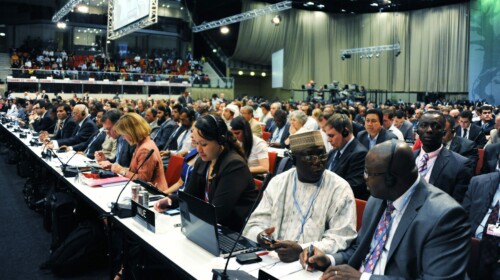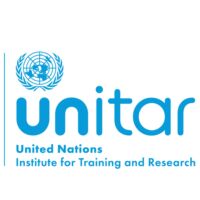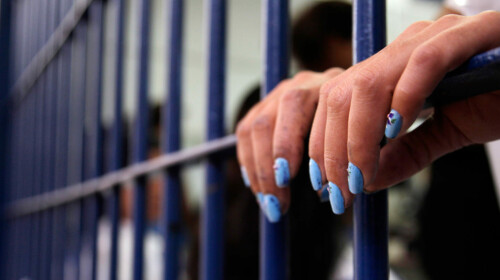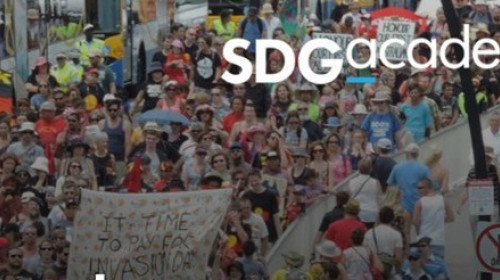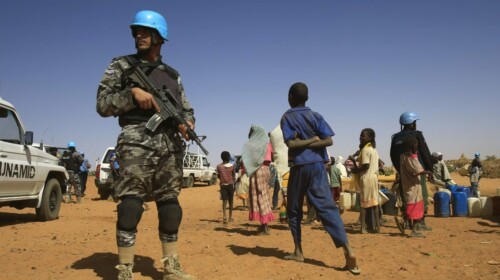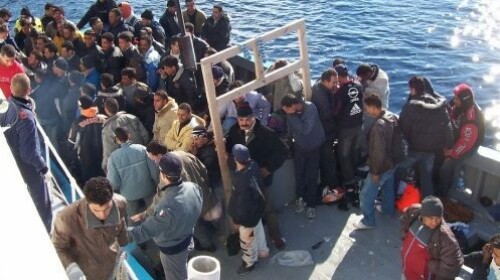Climate change is one of the greatest challenges of 21st century diplomacy and international governance. Given the many different stakeholders and communities who have roles to play, it is a contemporary challenge with regard to its demand on interdisciplinary knowledge, skills and languages, and the personal capacities needed to combine these so as to make diplomatic sense and success. Competing interests, political tensions, and challenges of the world today, such as the economic recession and competing development priorities, mean that negotiation deadlocks are rife and ways to overcome them are becoming more and more challenging to find.
This course examines the role of cultural diplomacy in the 21st Century. After first defining cultural diplomacy, the course discusses the concept of soft power and how this has informed the development of both public diplomacy and cultural diplomacy. There follows an account of the history of cultural diplomacy and of the influence of technological and societal change on its practice. Current practice in the field of cultural diplomacy will be analysed, along with the varied institutional arrangements in key countries. Finally, there will be an examination of cultural diplomacy as conducted in multilateral fora.
Download Syllabus
Target Audience
The course targets mid to senior-level government officers in ministries preparing for and/or taking part in conferences in relation to climate change as well as staff of intergovernmental / nongovernmental organizations. It also targets entry-level and mid-career diplomats working in a multilateral setting. Private sector specialists and students whose work or studies are related to this subject are also encouraged to apply.
Learning Objectives
- Describe climate change science and the observed and projected impacts of climate change;
- Track and explain the international climate change policy framework, including the climate change negotiations to date under the UNFCCC;
- Define both climate change mitigation and adaptation;
- Analyze international considerations for climate change decision-making;
- Appraise the key issues in the ongoing international climate change negotiations, and how to build and move forward from COP23 and prepare for COP24.

